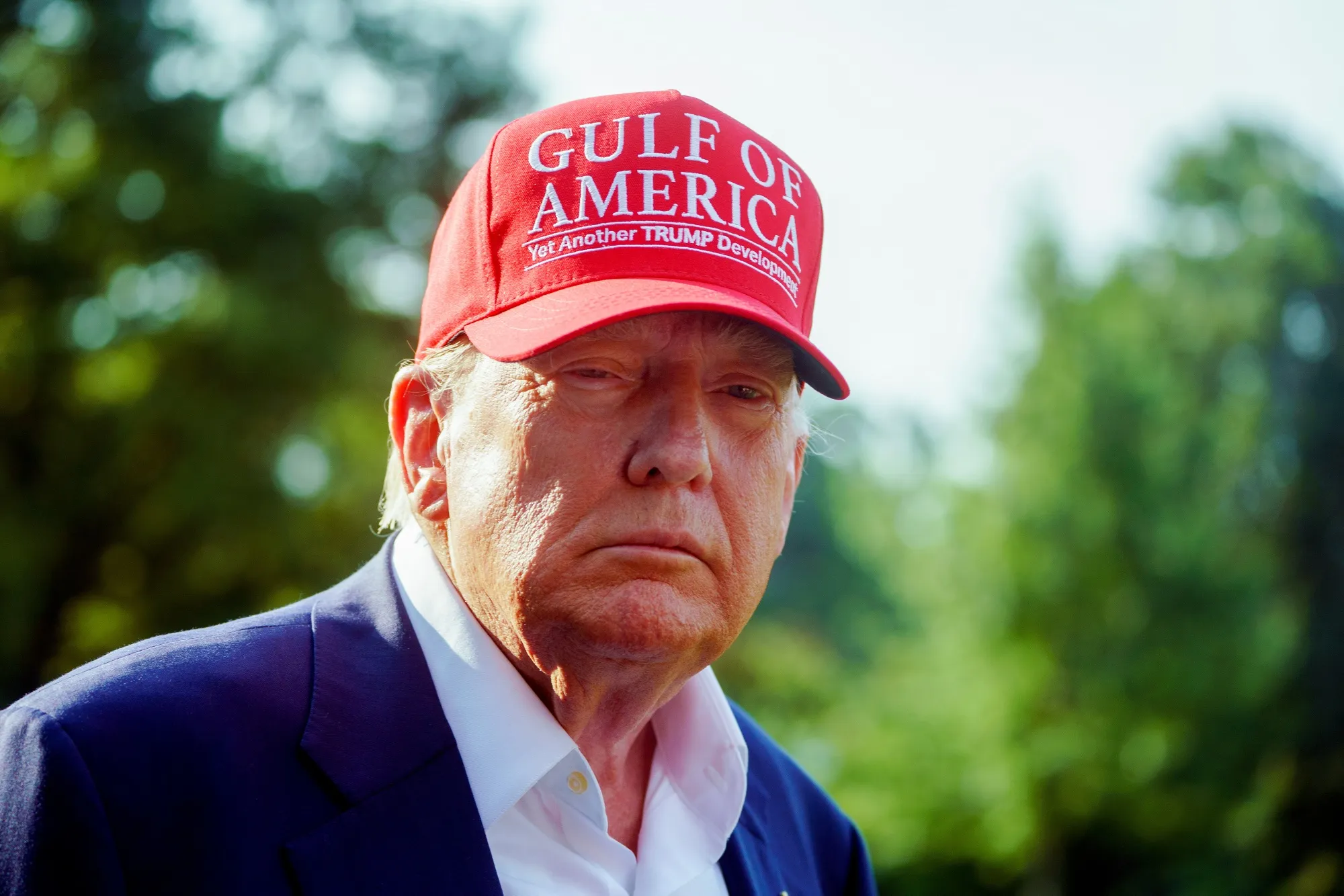President Donald Trump has revealed a sweeping new trade agreement with Vietnam, significantly lowering tariffs on Vietnamese goods exported to the U.S. and granting American companies full access to Vietnamese markets.
The announcement came after intense last-minute negotiations, as many countries scrambled to avoid a hike in U.S. tariffs originally set for next week. Vietnam, now exempt from the previously announced 46% levy, will instead face a 20% tariff, providing crucial relief to companies heavily reliant on Vietnamese manufacturing.
Zero Tariffs on U.S. Exports to Vietnam
Under the deal, Vietnam will impose zero tariffs on all American imports, allowing U.S. companies to export freely into the growing Southeast Asian economy. Trump praised the agreement on Truth Social, calling it a “GREAT DEAL OF COOPERATION.”
“Vietnam will do something they have never done before — OPEN THEIR MARKET TO THE UNITED STATES,” Trump wrote.
Steep Penalties on Trans-Shipped Goods
A key provision in the deal imposes a 40% tariff on trans-shipped goods — items passing through Vietnam but originally made elsewhere, primarily China. The administration claims this move is designed to curb illegal rerouting and close loopholes that some companies exploit to dodge existing tariffs.
According to senior officials, up to a third of Vietnamese exports to the U.S. could fall under this category, often involving high-demand products such as electronics and textiles. For more information on the risks of trans-shipping, see CBP guidelines.
Boost to U.S. Manufacturers and Retailers
Vietnam’s strategic importance in global supply chains has surged in recent years, with brands like Apple, Nike, and Lululemon increasingly shifting production there. Industry experts say the deal is likely to solidify Vietnam’s role as a top manufacturing hub while encouraging further U.S. investment in Asia.
Initial reactions from markets were positive, especially among firms sourcing goods from Vietnam. However, enthusiasm was tempered when the final details revealed that most imports will still carry a 20% duty.
Defining Trans-Shipping Remains a Challenge
While the crackdown on trans-shipping has been welcomed by some, concerns remain over enforcement and the vague definition of the term. Experts point out that identifying the origin of components in global supply chains is notoriously difficult.
“Trans-shipping is often a politicized term,” said one industry representative. “We don’t yet know how Vietnamese officials plan to detect violations or whether they have the resources to enforce it effectively.”
Political and Business Ties Deepen
The agreement follows a phone call between Trump and Vietnam’s General Secretary To Lam, during which Trump was formally invited to visit the country. Meanwhile, the Trump Organization is expanding its footprint in Vietnam, recently announcing a $1.5 billion investment in real estate and hospitality projects in partnership with Kinh Bac City Development.
Plans are also underway to scout potential sites for a Trump Tower in Ho Chi Minh City, further cementing business ties between the U.S. president and Vietnam’s economic elite.
U.S. Trade Policy in Flux
This deal is part of a broader wave of renegotiations following the Trump administration’s decision in April to introduce a uniform 10% tariff on countries that failed to meet new reciprocity standards. Since then, the U.S. has secured deals with the United Kingdom, and provisionally with China, while ongoing talks continue with other key partners.
The White House stated that the new Vietnam deal showcases the administration’s success in creating “mutually beneficial agreements” without sacrificing domestic economic interests. For details on existing U.S. trade agreements, visit ustr.gov.







